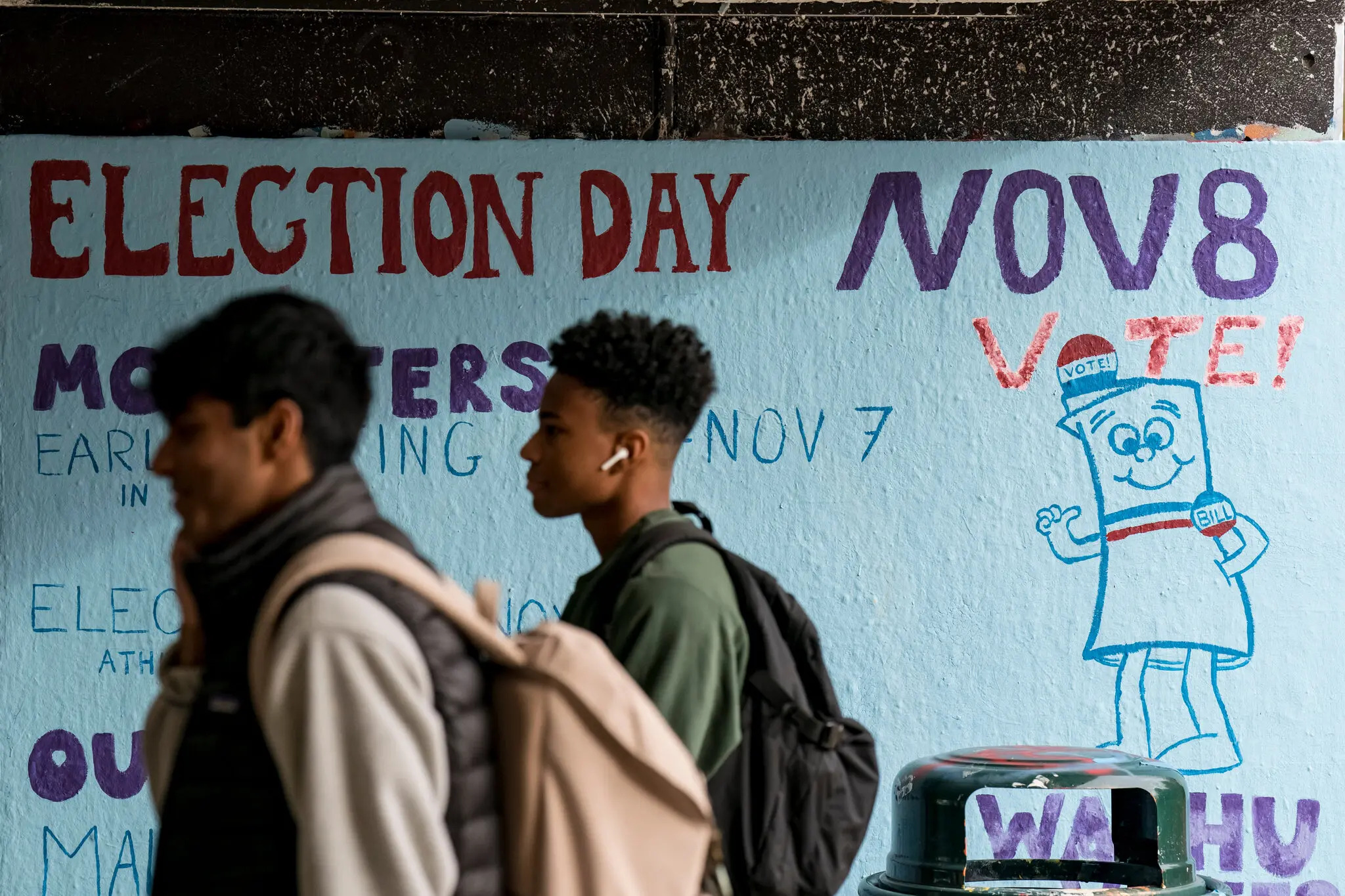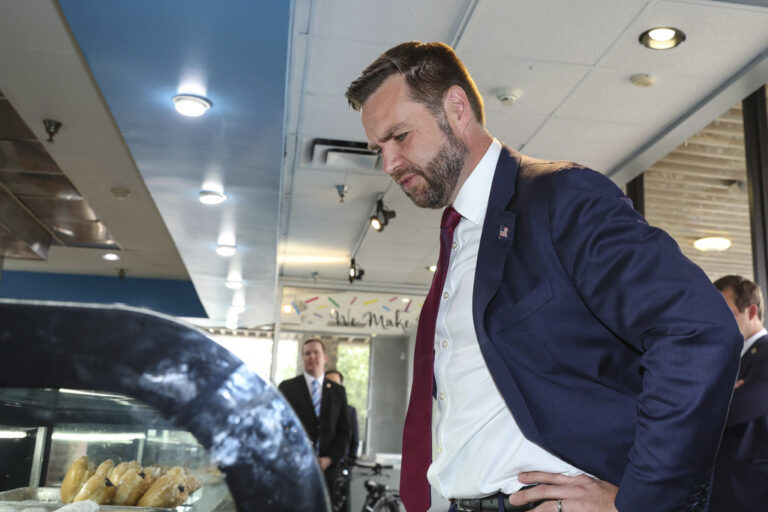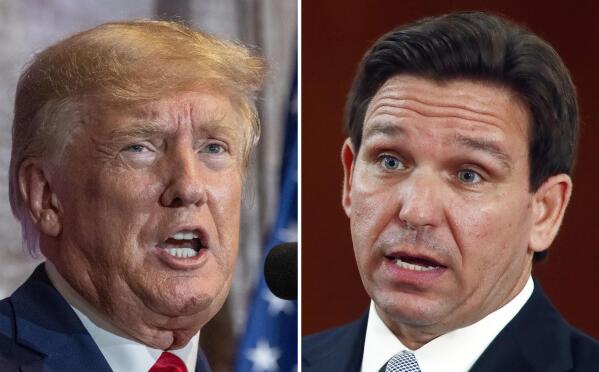
“Liberty cannot be preserved without a general knowledge among the people,” declared John Adams in 1765. Given the numerous difficulties America faces that challenge the basic pillars of its democracy, this statement is more relevant than ever. Concerns about political polarization, the rise of populism, disparities in the rule of law, and the assault on civil freedoms by misinformation are prevalent as the next election rapidly approaches. However, one thing provides a ray of optimism amidst all this uncertainty: the extraordinary rise in youth civic involvement. Could the increased engagement of America’s youth be enough to reestablish trust in our democratic institutions?
The polarization in America is greater than it has been in years. Ideological warfare has replaced civil discourse in politics, with Republicans and Democrats increasingly viewing one another as rivals rather than fellow citizens. This divide has more than ever been affecting communities, friendships, and families on a deeper level than just party lines. Populism, a political movement that aims to pit “the elite” against “the people,” is growing in popularity alongside this polarization. Its effect is to deepen the divide in society and make compromise a thing of the past.
The growing sentiment that the rule of law is not being implemented equally is just as concerning. Many Americans believe that while regular people suffer greater punishments, the wealthy and powerful can afford to avoid facing legal consequences. Fifty-five percent of Americans think the elite have an unfair edge in legal processes. A society loses faith in the democratic system when justice is perceived as a commodity.
Another factor in this dilemma is the attack on civil freedoms, especially freedom of expression and the press. In a time when social media is king, misinformation seriously jeopardizes democracy. A 2023 study from the Pew Research Center found that 64 percent of Americans believe social media has a detrimental influence on the country, primarily because of the dissemination of false information. When citizens cannot differentiate truth from lies, their faith in democratic processes deteriorates.
While these issues are concerning, they do not provide the complete picture. Under the surface, youth civic participation is set to revitalize attention to our democracy. The findings of the Center for Information and Research on Civic Learning and Engagement (CIRCLE) at Tufts University show that young voter turnout in the 2020 election reached a record high of 50 percent. Given the 11 percent increase in turnout from 2021, this indicates a significant shift in the perception of the political system among younger generations. Hopefully, if this trend continues next month, there may finally be signs of optimism regarding our democracy.
Additionally, youth are planning demonstrations, calling for their leaders to be held accountable, and taking to the streets. Young activists who challenge the current structural norms have led movements for gun violence, racial justice, and climate action, among countless others. These movements call for a more just and equitable society, where democracy ensures “all people are equal before the law.”
Today’s youth are also changing the basic foundation of civic engagement through the use of the digital sphere, thriving on sites like Instagram, TikTok, and Twitter. Since these methods hold the political system responsible in a manner that earlier generations could not, especially through attention to topics that traditional media frequently ignore, this real-time activism has the potential to bring about long-lasting structural change.
On both sides of the aisle, young people are increasingly endorsing politicians and programs addressing systemic injustices damaging society. They are aware that establishing an inclusive system for all Americans, regardless of socioeconomic background, is essential to the survival of democracy.
The political establishment faces numerous systemic obstacles to voter engagement, and it needs to not only adapt to the influence of young people but also learn and grow from it. Nevertheless, there is cause for hope given the passion of young voters. The future of American democracy might be safer than it appears if this trend continues, which there is every reason to think it will. Regardless of the results next month, one thing is certain: the path that our generation is headed in is positive. Youth are rising, speaking out, and calling for an improved, more inclusive democracy. John Adams argued that an informed and involved public is essential to maintaining the principles of liberty, and the increase in politically mobilized youth reminds us that democracy is a shared obligation rather than merely a form of administration.
The Zeitgeist aims to publish ideas worth discussing. The views presented are solely those of the writer and do not necessarily reflect the views of the editorial board.



